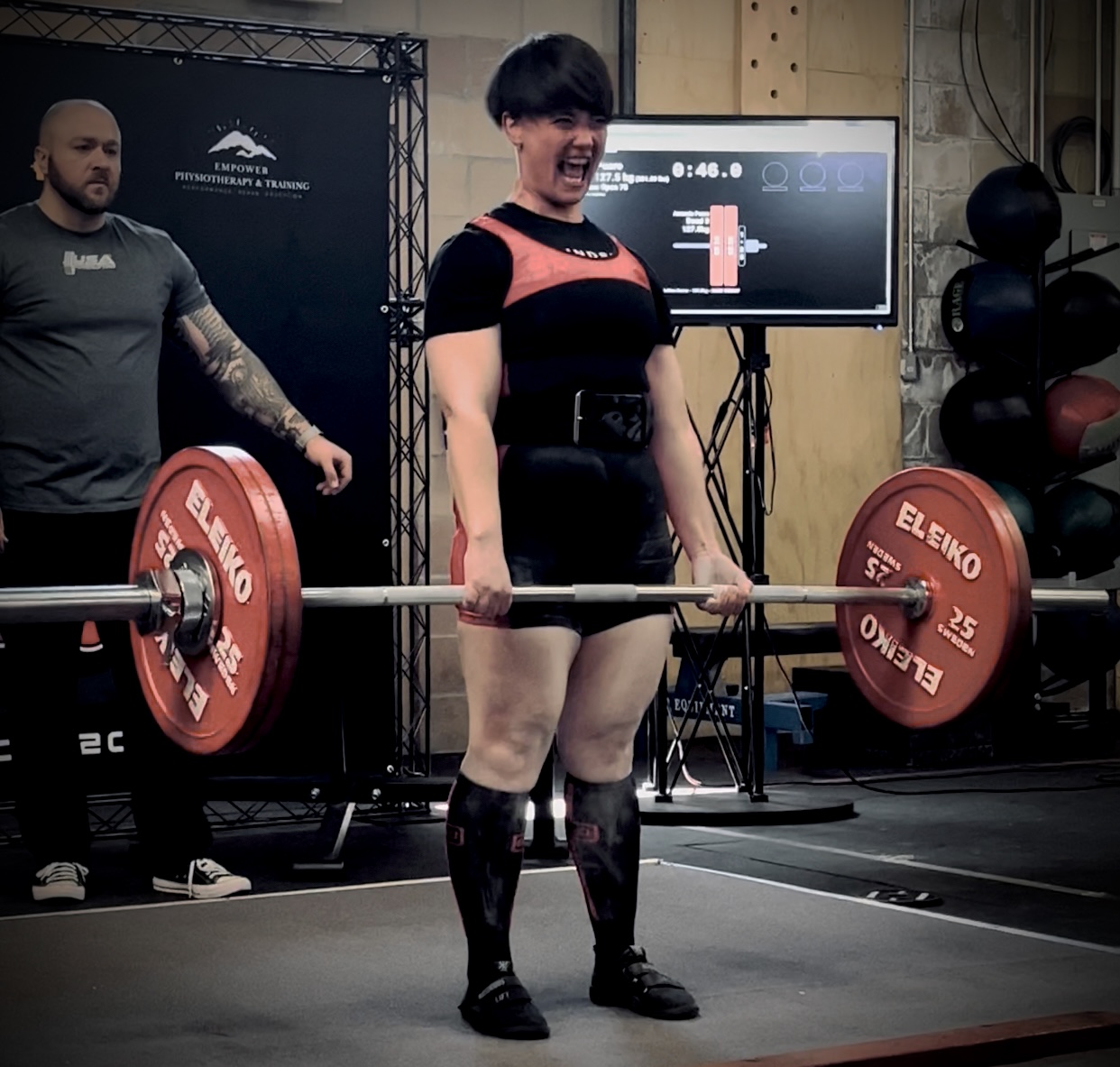The Sleep Advantage: Why Quality Rest Matters for Strength Athlete's Recovery
- Coach AP
- Sep 21, 2023
- 3 min read
In the world of strength athletics, the pursuit of power and performance often takes center stage. Athletes spend countless hours in the gym, meticulously planning their workouts, and fine-tuning their diets to optimize muscle growth and strength gains. However, one critical aspect of athletic success that often gets overlooked is the importance of sleep. In this blog post, we'll explore why sleep is a vital component of a strength athlete's recovery and overall performance.
The Physical Demands of Strength Training
Strength athletes, whether they're powerlifters, bodybuilders, or strongmen, push their bodies to the limit during training. The stress placed on muscles, tendons, and joints is immense, leading to microtears and inflammation. While this stress is essential for muscle growth, it's equally important to allow the body the time and resources it needs to repair and recover.
Sleep and Recovery
Sleep is the body's natural recovery mechanism. During deep sleep, the body initiates a cascade of processes designed to repair and regenerate tissues. Here's why sleep is so crucial for strength athletes:
Muscle Repair: While you're asleep, your body releases growth hormone, which plays a vital role in muscle repair and growth. Sleep is when damaged muscle fibers are rebuilt and strengthened, leading to greater gains in strength and size.
Energy Restoration: Sleep replenishes your body's energy stores, particularly glycogen in the muscles and liver. This is critical for maintaining high-intensity training performance and avoiding fatigue.
Immune System Support: A strong immune system is essential for staying healthy and consistent in training. Sleep boosts the immune system, helping to ward off illness and infection.
Hormone Regulation: Sleep plays a crucial role in regulating hormones like testosterone and cortisol. These hormones are intimately involved in muscle growth and recovery, and a lack of sleep can disrupt their balance, hindering progress.
Central Nervous System Recovery: The central nervous system (CNS) is heavily taxed during heavy lifting sessions. Sleep allows the CNS to recover, reducing the risk of overtraining and burnout.
Optimizing Sleep for Recovery
Now that we understand why sleep is essential for strength athlete recovery, let's explore some tips for optimizing sleep:
Consistent Schedule: Try to go to bed and wake up at the same times every day, even on weekends. This helps regulate your body's internal clock.
Create a Relaxing Bedtime Routine: Establish a calming bedtime routine to signal to your body that it's time to wind down. This could include activities like reading, gentle stretching, or meditation.
Optimal Sleep Environment: Ensure your sleep environment is comfortable, dark, and quiet. Investing in a good mattress and blackout curtains can make a significant difference.
Limit Screen Time: Avoid screens (phones, computers, TVs) at least an hour before bedtime. The blue light emitted from screens can interfere with your body's production of melatonin, a sleep-regulating hormone.
Watch Your Diet: Avoid heavy meals, caffeine, and alcohol close to bedtime. These can disrupt sleep patterns.
Stay Hydrated: Dehydration can lead to nighttime awakenings. While it's essential to stay hydrated, try to avoid excessive liquids right before bedtime.
In the world of strength athletics, sleep is a valuable tool that often goes underutilized. Quality sleep isn't just a luxury; it's a fundamental component of the recovery process. Without sufficient rest, strength athletes risk compromising their gains, increasing their risk of injury, and hindering their overall performance.
To maximize your potential as a strength athlete, prioritize sleep alongside your training and nutrition. Remember that the bed can be just as important as the barbell in your pursuit of strength and power. By getting the right amount and quality of sleep, you'll ensure that your body has the opportunity to recover, repair, and grow, ultimately leading to better results in the gym. So, make sleep a priority, and reap the benefits of a well-rested body and mind on your journey to becoming a stronger, more powerful athlete.


Comments